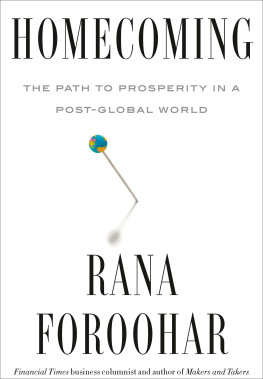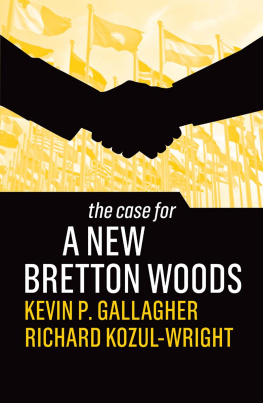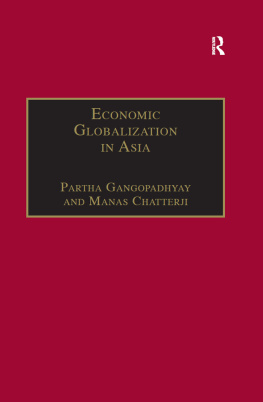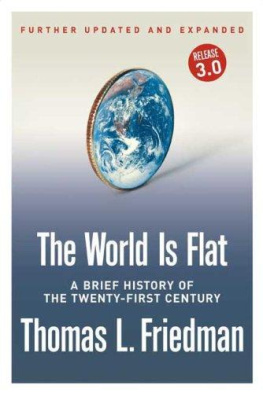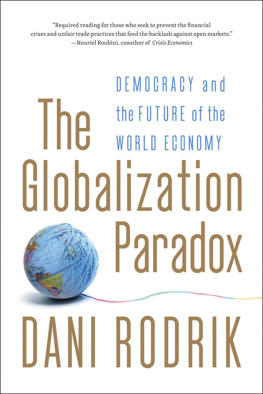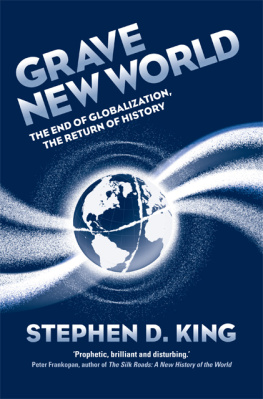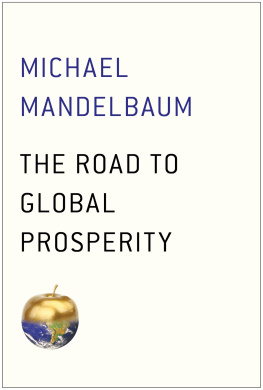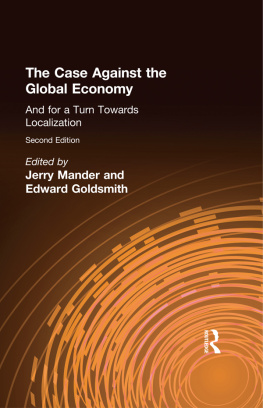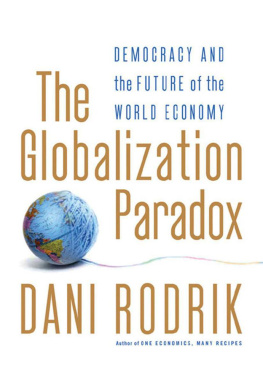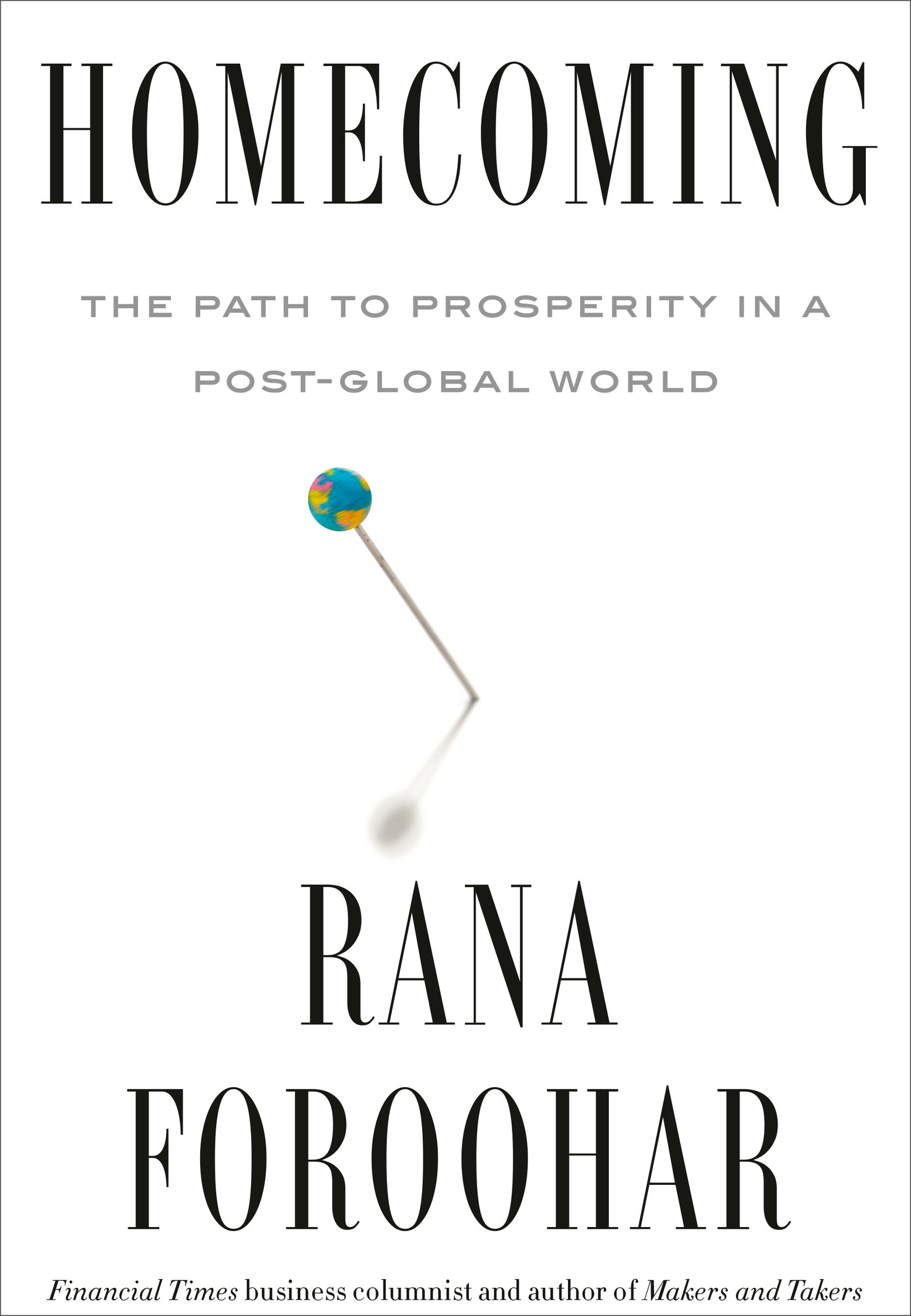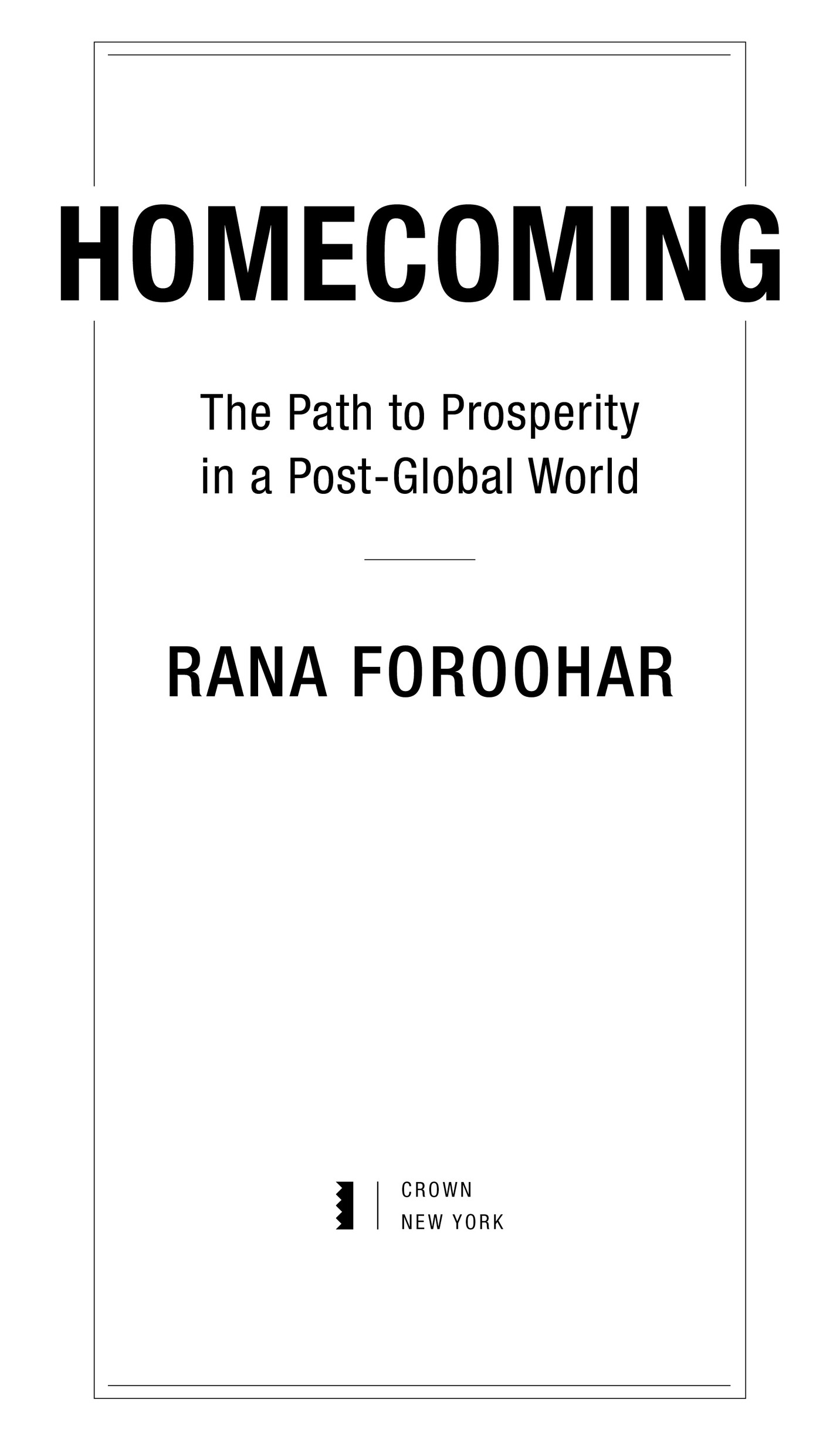All rights reserved.
Published in the United States by Crown, an imprint of Random House, a division of Penguin Random House LLC, New York.
Crown and the Crown colophon are registered trademarks of Penguin Random House LLC.
Names: Foroohar, Rana, author.
Title: Homecoming / Rana Foroohar.
Description: First edition. | New York : Crown, [2022] | Includes bibliographical references and index.
Identifiers: LCCN 2022016180 (print) | LCCN 2022016181 (ebook) | ISBN 9780593240533 (hardcover ; alk. paper) | ISBN 9780593240540 (ebook)
Subjects: LCSH: Industrial location. | Regionalism. | Nationalism.
Classification: LCC HC79.D5 F67 2022 (print) | LCC HC79.D5 (ebook) | DDC 338.6/042dc23/eng/20220414
Authors Note
Economists like to think reality can be captured in mathematical formulas. They plug in numbers about all sorts of complicated thingshow we work, what we spend, where we live, when we may diecreating complex models to simulate our world. They then crank the algorithmic engine on these models, and out comes the data that in turn shapes the policies that govern our country, our communities, and ultimately, our lives.
But economics is not a pure science, like physics. Its far more like biology, or sociology, or even anthropologya messy, complex, all-too-human attempt to make sense of the world around us. Its a world that is ever changing and far from rational.
Since the 2008 financial crisis and, more recently, the Covid-19 pandemic, it has become quite clear that the invisible hand that is supposed to guide our markets and our economy as a whole toward a happy and healthy equilibrium isnt always right. We live in the real worlda world of human bias, politics, and institutions that dont always work the way the models say they should. This is the world in which I have spent thirty years reporting as a business journalist.
Reporters, like most people, know that economic rationality very often doesnt translate in quite the way experts expect it to. I will never forget, for example, a conversation I had years ago with a labor leader living the harsh on-the-ground reality of Americas previous two decades of trade policy. It brought home to me the risks involved when policy makers, while making decisions, think more about math than people.
This aha moment occurred while I was interviewing the late AFL-CIO president Richard Trumka for my first book, Makers and Takers, which examines why there is such a glaring divide between the fortunes of Main Street and those of Wall Street. I was interested in learning more about why politicians and business leaders alike, most of whom I knew to be decent, thoughtful people, had made so many decisions that seem to have boosted short-term profits at the expense of longer-term economic well-being. In an economy like the United States, 70 percent of which is based on consumer spending, stagnant wages had to be more important than cheap televisions. So, why were we setting policies that prioritized the latter? How and when had economic globalization, rather than national economic resiliency, become the guiding force in both policy and business?
Trumka shared with me a conversation he had had during the nineties, with a Clinton administration economic policy maker, about the potential fallout of the North American Free Trade Agreement (NAFTA), which the United States was about to cut with Mexico and Canada, and the impact that China might have on the global trading system if it became a member of the World Trade Organization (which it did in 2001). He was concerned about a sudden flood of cheap labor into the global marketplace and the effect this would have on American workers incomes and lives. I told [the official] that the deals would kill us, and he agreed, Trumka said. But he said that, after a while, wages would start to go up again, and things would even out around the world. When Trumka asked the official how long this process of leveling out might take, he answered, About three to five generations.
Thats a century in the lives of the communities and the people in question. Is it any wonder, then, that the average American worker is skeptical of technocratic elites from both parties who see people not as human beings, but as mathematical inputs on a spreadsheet? Is it a surprise that weve had, for the last decade or so, the most polarized political environment in the history of the United States? Or an attempted coup in our capital? Or an opioid crisis and an epidemic of deaths of despair among people who feel forgotten by the powers that be? Or a generation of young Millennials, now making up the largest voting and working bloc in the country, who are increasingly disenchanted with both capitalism and liberal democracy and inclined to side with more extreme political elements within either party? Or a population at large that feels that globalization itself has faileda 2019 Pew Research Center study found that many people in the United States and the United Kingdom had negative feelings about it, associating it with loss, longing, and a feeling of being left behind or swept up. Its not just feelings but metrics that tell us that, by some key measures, globalization has failed.
While globalization has made the planet wealthier as a whole, that wealth has been concentrated largely at the very top, among financial and managerial elites who own the most assets, and to a certain extent at the very bottom; wages grew in developing countries, particularly China. Within most countries, however, inequality has also grown. Huge areas in many nations, rich and poor, have been hollowed out economically, or environmentally degraded, or left behind politically by globalization. The reaction has been widespread populism, nationalism, and the rise of autocracy in many parts of the world, an indicator that something in the system desperately needs tweaking.
One key part of the problem has been the mainstream economics taught in universities and business schools over the past forty years. It is what supported the just-in-time business culture in which redundancy in supply chains was considered a waste of time and money and in which the free flow of capital, goods, and labor across borders to create more economic growth was always considered a good thing, despite any inequality or financial fragility it might create. The idea that there might be human costs to efficiency or that these costs might come with their own snowball cycle of political or economic risks was simply not considered.
Covid-19, of course, ripped the scales from our eyes with regard to such assumptions. Suddenly, it mattered that we sourced the majority of our cheap medical masks or key pharmaceutical ingredients from our biggest geopolitical adversary, China. It mattered that we lived in a country with a bifurcated healthcare system and spotty broadband coverage. It mattered that our economy was built on debt and asset bubbles rather than on income growth from good jobs.

